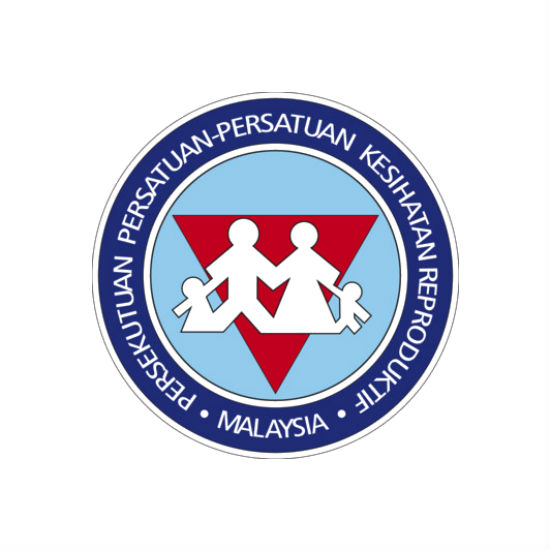

| 31 March 2016
Federation of Reproductive Health Associations, Malaysia
The Federation of Reproductive Health Associations of Malaysia (FRHAM) is 1 of the 3 main implementing agencies involved in Malaysia’s national family planning programme. It delivers a broad range of services through a sophisticated and extensive network of 39 permanent clinics, 356 mobile facilities and 205 community-based distributors/community-based services (CBDs/CBSs). Services include sexual and reproductive health (SRH) consultation assistance and prescribing, contraceptive advice and fertility management, and the promotion of women’s independence through economic/work-based initiatives. FRHAM also undertakes work with specific, marginalized groups which face particular SRH challenges, as exemplified by a community-based project in the Malaysian aborigine village of Kampung Tisong, in the Perak district. Here poverty, malnutrition, illiteracy, isolation and under-provision were responsible for, and caused by, a whole range of SRH problems, which FRHAM counteracted through the provision of education, facilities and training. Contacts Website; http://www.frham.org.my/index.php Facebook: https://www.facebook.com/Friends-of-FRHAM-361982067245823 Twitter: https://twitter.com/FRHAM

| 31 March 2016
Association Nigérienne pour le Bien-Etre Familial
Since 1996, the Association Nigérienne pour le Bien-Etre Familial's (ANBEF) have been providing a comprehensive range of sexual and reproductive health (SRH) needs and issues including the prevention and management of HIV and AIDS, antenatal and post-natal care, the provision of post-abortion care in clinics and health huts in rural areas, treatment of male and female infertility, and pre-marital counselling. Importantly, the Member Association also trains young people in income-generating activities. ANBEF reaches out to rural and hard-to-reach communities, including street children, sex workers, vulnerable young people and rural populations. Services are delivered by a team of permanent staff, hundreds of volunteers, peer educators and community-based distributors (CBDs). Given that a very high proportion of 15-19 year olds give birth, and risks of maternal death and rates of child mortality are among the highest in the world, ANBEF fulfils a critical need in Niger that is not met by the private sector or government providers. ANBEF’s expertise has been called upon by the Niger government’s Technical Committee for the development of the national IPCD+10 (International Conference on Population and Development) strategy. The Member Association works with non-governmental organizations including CARE International and FCI Partnerships, and it receives funding from UNFPA and Multisector Programmes (IDA/World Bank). ANBEF works closely with other specialist population, planning, youth, HIV and AIDS and sexually transmitted infection (STI) groups in Niger.







